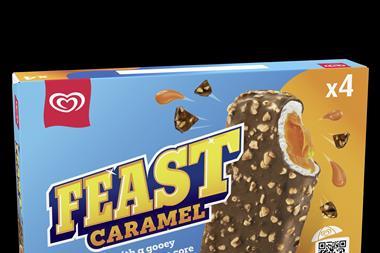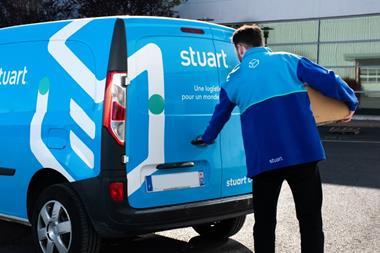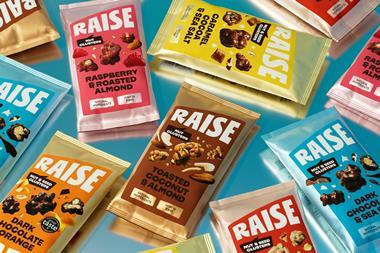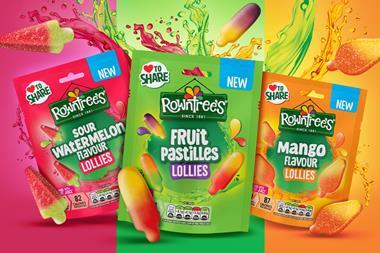On the up
2007-06-15T00:00:00
The frozen food sector is continuing its fight to reverse its fortunes - and this time it looks like it's working
ALREADY HAVE A REGISTERED USER ACCOUNT? PLEASE LOG IN HERE
To read the full story join the ConvenienceStore.co.uk community today!
Registration is quick and easy and provides access to:
- Unlimited ConvenienceStore.co.uk articles
- Our great range of newsletters
- Content you’ve saved for later via the ‘my library’ feature
And much more…
More from Products
Unlimited Access + Newsletters
Register today to gain unlimited access to articles and to receive our great range of email newsletters.
































